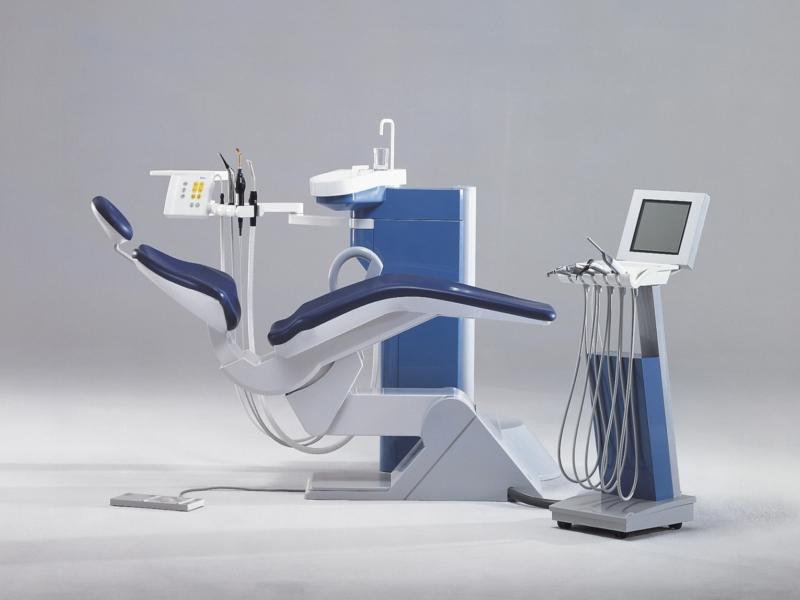In the realm of automobiles, the value of a vehicle can be subjective, fluctuating based on numerous factors such as age, condition, mileage, and market demand. Whether you’re buying, selling, insuring, or donating a car, kfz gutachter kaltenkirchen its worth accurately is crucial. This is where car appraisers step in, offering expertise in assessing the value of vehicles. Let’s delve into the world of car appraisers and explore their significance in the automotive industry.
The Role of Car Appraisers:
Car appraisers are professionals trained to evaluate the worth of vehicles. Their assessments are based on a combination of factors, including the vehicle’s age, make, model, condition, mileage, maintenance history, aftermarket modifications, and current market trends. Their primary goal is to provide an accurate valuation that reflects the true worth of the vehicle at a given point in time.
Why are Car Appraisers Needed?
- Accurate Valuations: Car appraisers possess the knowledge and experience to conduct thorough inspections and research to determine the fair market value of a vehicle. Their assessments are unbiased and based on factual data, ensuring that both buyers and sellers receive fair deals.
- Insurance Purposes: Insurance companies often require car appraisals to determine the appropriate coverage and premiums for a vehicle. Appraisers assess the vehicle’s value to ensure that it is adequately insured against potential damages or losses.
- Legal Proceedings: In legal matters such as divorce settlements, estate distributions, or disputes over vehicle damages, car appraisers may be called upon to provide expert testimony regarding the value of the vehicles involved.
- Custom or Classic Cars: Specialty vehicles such as classic cars, custom-built automobiles, or rare models require specialized knowledge for valuation. Car appraisers with expertise in these niche markets can accurately determine the value of such vehicles.
The Appraisal Process:
- Physical Inspection: Car appraisers begin by conducting a detailed physical inspection of the vehicle. They assess its exterior condition, interior features, mechanical components, and overall functionality.
- Research and Analysis: After the inspection, appraisers gather information about the vehicle’s history, including past ownership, service records, accident reports, and market trends. They use this data to determine how these factors impact the vehicle’s value.
- Comparison with Similar Vehicles: Appraisers compare the vehicle being assessed with similar models in the market to gauge its competitiveness and pricing feasibility.
- Documentation: Upon completing their assessment, car appraisers provide a detailed report documenting their findings, including the vehicle’s condition, features, any discrepancies found, and the final valuation.
Qualifications of Car Appraisers:
Car appraisers typically have a background in automotive technology, mechanics, or a related field. Many undergo specialized training and certification programs to enhance their appraisal skills and stay updated on industry standards and best practices. Additionally, appraisers may belong to professional organizations such as the American Society of Certified Auto Appraisers (ASCAA) or the International Automotive Appraisers Association (IAAA).
Conclusion:
In the complex world of vehicle valuation, car appraisers play a vital role in providing accurate and reliable assessments. Whether it’s for buying, selling, insuring, or settling legal disputes, their expertise ensures that vehicles are valued fairly and accurately. By understanding the appraisal process and the qualifications of appraisers, individuals can make informed decisions regarding their vehicles, contributing to a more transparent and trustworthy automotive industry.


